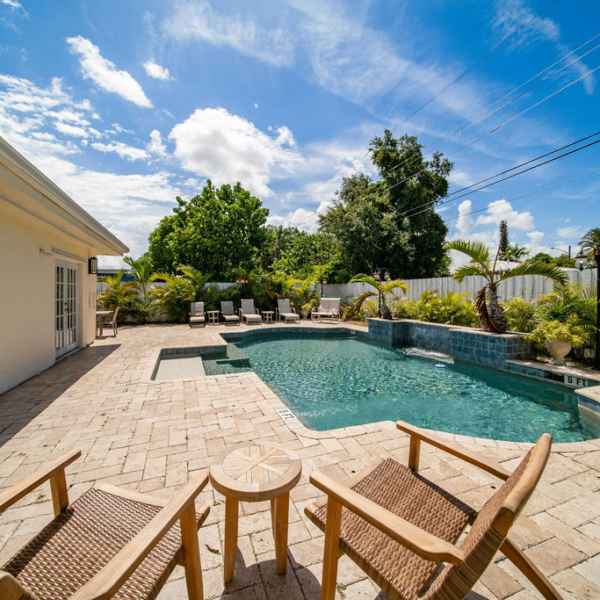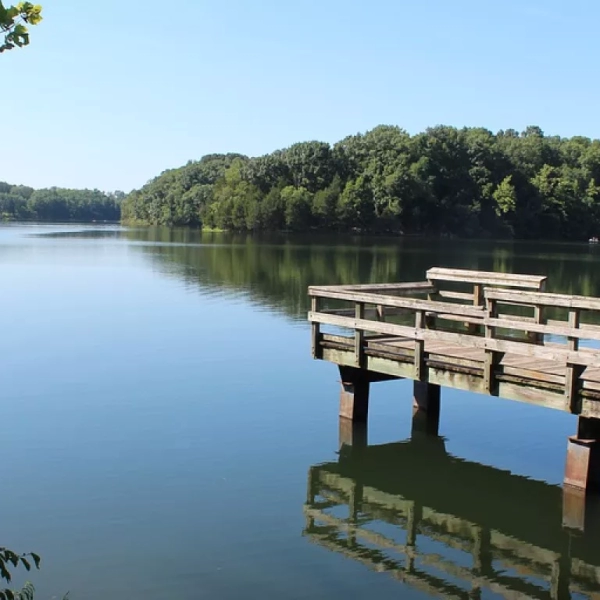Institutions play a crucial role in shaping Jewish communities. Shuls, yeshivas, batei din and tzedakah organizations form the cornerstones of any society and should serve as models to guide development of society at large.
Lakewood saw its population double between 1990 and 2010, one of its basic building blocks being Beth Medrash Govoha – one of America’s premier yeshivas for men of marrying age that draws students from around the world, including Israel and Russia.
The Yeshivas
Lakewood’s yeshivas draw scholars from all over the world – Israel, Russia and Belarus in particular; Western Europe, South America and Australia as well. Many find their way here for year-round recreation at three lakes that make this Jewish resort town home.
They come to Beth Medrash Govoha to study Babylonian Talmud. When Rabbi Schneur Kotler died in 1962, his sons quadrupled student enrollment from 200 to 800 – nearly tripling student body growth in four decades.
BMG stands out among yeshivas by giving students the flexibility of selecting any mesechta, a tractate of Talmud, to study at any time. Some students opt for one of eight mesechtas that specialize in aspects of civil law law for specialization purposes.
Acceptance into BMG depends on various criteria, such as an applicant’s financial circumstances; our policy is never to turn away eligible candidates due to inability to pay tuition fees.
The Shuls
Lakewood often feels more like an Orthodox Jewish enclave than an idyllic New Jersey Pinelands town. Orthodox Jewish communities have transformed Lakewood’s character, providing new ways of life as well as fueling an economic boom that has propelled Lakewood into becoming one of the fastest-growing cities in New Jersey.
Some residents fear the sudden influx is too rapid and could alter the character of the town. House prices are rising quickly while schools have not kept pace with new families moving in.
Herskovitz, who is not Orthodox, credits Lakewood with being her choice due to its education system for her children and its “communal vibe”, with closeness among neighbors and an entrepreneurial spirit that has helped them start businesses in Lakewood.
The Frum Schools
Jewish college students in Lakewood adhere to a distinct cultural system of beliefs and behaviors. Many reside in yeshivas where rabbis teach them strict modesty rules while instilling them with an immense love of learning that dates back millennia.
However, Lakewood College also operates as a business that encourages development within town, and this aspect has drawn both criticism and lawsuits from residents like Lakewood retiree Joseph DeFalco who feel as if the college prioritises growth over other aspects of local life.
However, Aaron Kotler argues that yeshivas instill values beyond classroom study. His yeshivas have been credited with reinvigorating Haredi Judaism – the community of ultra-orthodox Jews adhering to strict modesty standards and rejecting some aspects of modern culture – through Aaron’s Yeshivas; those values can be found in the Talmud, an authoritative collection of rabbinical commentaries and oral law considered holy to Orthodox Jews.
The Community
Lakewood has long been considered home for Orthodox Jews looking for peace and lower property costs. Some have relocated from other regions across the nation in search of cheaper property costs and quieter living arrangements.
Beth Medrash Govoha is the largest yeshiva in North America and serves as a focal point of its community. Residents are deeply committed to its religious school, opening businesses that support it while also drawing in non-students attracted by its lively Jewish life.
Tova Herskovitz of Toms River moved with her young children 11 years ago when her husband began studying at BMG. She enjoys the community spirit in Lakewood.
Lakewood’s proximity to New York City makes it attractive for people seeking city living, with short commute times. But Lakewood also boasts plenty of appeal beyond its vibrant Jewish community; many residents love its quiet streets and picturesque neighborhoods; others appreciate that it provides safe environments for raising their families.



